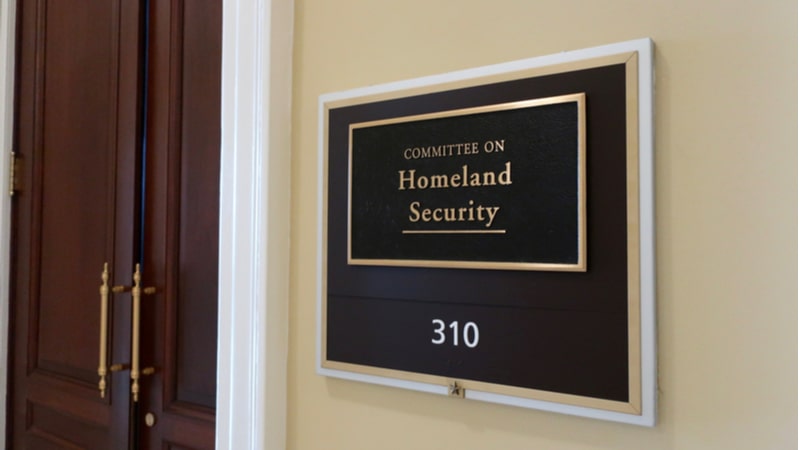
The Subcommittee on Cybersecurity Infrastructure Protection and Innovation was given recommendations by experts to mitigate the problems that deep fakes and quantum computers pose for the United States.
At the subcommittee hearing Charles Robinson, a Quantum Computing Public Sector Leader at IBM reiterated the need to “expand and diversify the quantum ecosystem and future proof our encryption systems now,” he said.
The need for this comes after Robinson testified that it is not known “exactly when large scale quantum computers breaking widely used cryptography will be available,” he said.
The other area of importance for many different house representatives of the subcommittee was the need to address deep fakes and deep fake technology, and the dangers that they posed to spreading false information.
Chairwoman of the subcommittee Rep. Yvette Clarke, D-N.Y., asked about how deep fake technology effects the American public today and how they can reduce harm going forward.
Dr. Andrew Lohn, Senior Fellow at the Center for Security and emerging technology at Georgetown University responded with saying that “the technology poses a real threat.”
“You can now go to a website and just click a button reload it and it will pop up a face for you then reload once again and give you a different face, you don’t have to have any technological sophistication to use them,” said Lohn.
Lohn suggested that in order to mitigate deepfakes, striking a balance between informing the public about them while not over-informing and making many distrust every bit of information they see is key.
